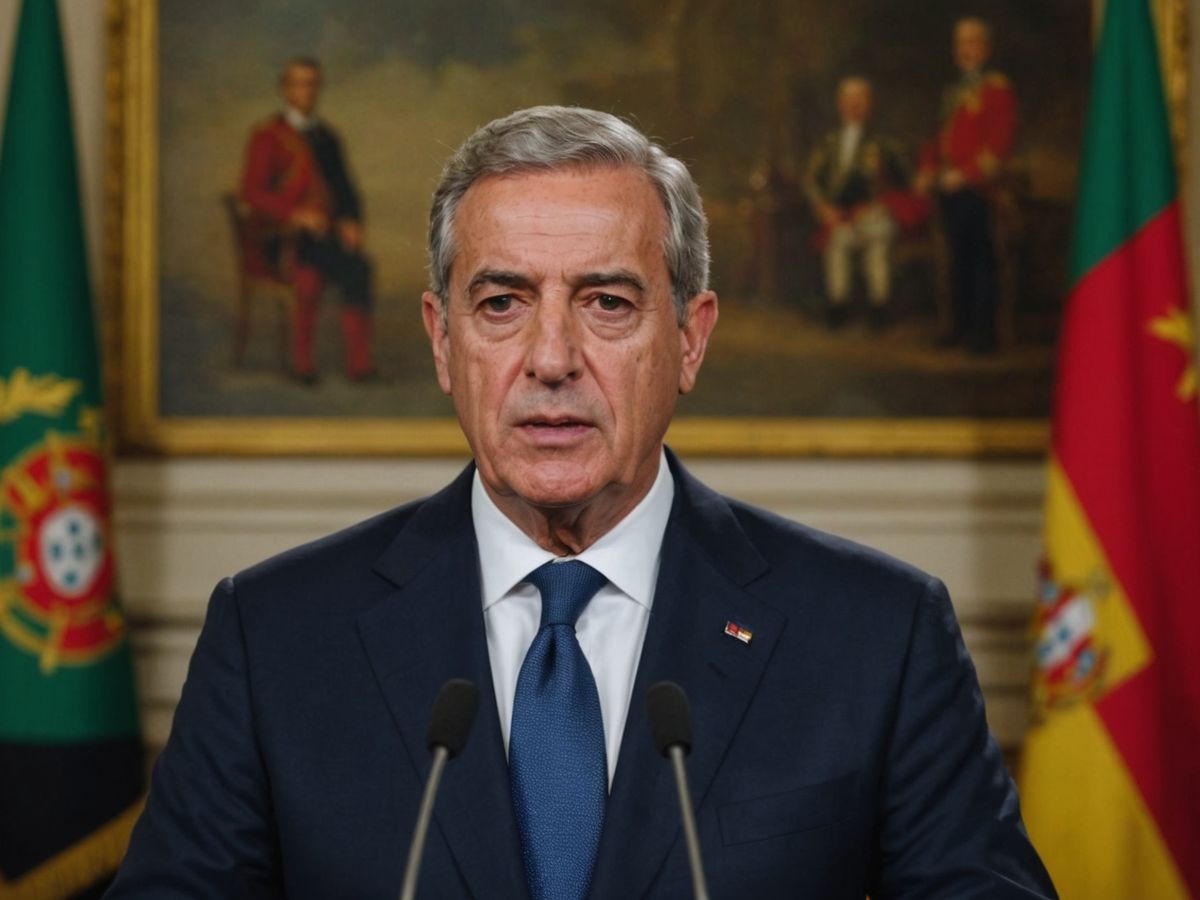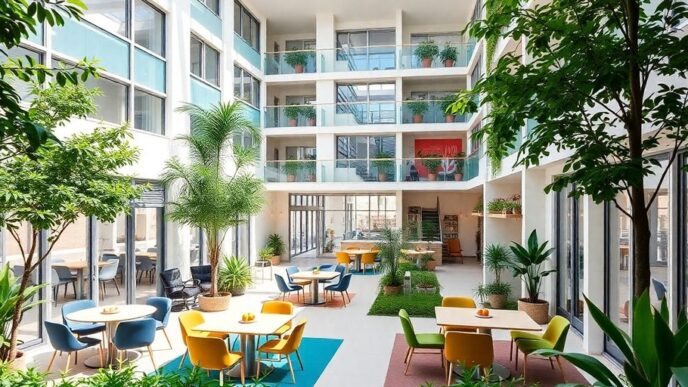Portugal’s President Marcelo Rebelo de Sousa has announced the dissolution of parliament and called for snap elections on March 10, following the resignation of Prime Minister Antonio Costa amid a corruption investigation. This marks the second snap election in as many years for the country.
Key Takeaways
- President Marcelo Rebelo de Sousa has dissolved parliament and called for snap elections on March 10.
- Prime Minister Antonio Costa resigned following the arrest of his chief of staff in a corruption probe.
- The corruption investigation involves allegations related to lithium mining and hydrogen projects.
- The 2024 budget, which includes significant social spending and tax cuts, was passed before the dissolution.
Background
Prime Minister Antonio Costa, who has been in power since 2015, announced his resignation on Tuesday after his chief of staff, Vitor Escaria, was arrested as part of an ongoing corruption investigation. The investigation includes allegations of malfeasance and influence peddling. Costa has denied any wrongdoing but stated that he could no longer continue in his role.
The Corruption Probe
The corruption probe is focused on allegations of improper behavior surrounding the development of lithium mining and hydrogen projects in Portugal. In addition to the arrest of Costa’s chief of staff, Infrastructure Minister Joao Galamba has been named a formal suspect. Arrest warrants have also been issued for the mayor of Sines and two executives at Start Campus, a company involved in the hydrogen production project and data center.
Legal and Political Implications
By law, an election must take place within 60 days of the presidential decree dissolving parliament. President Rebelo de Sousa had initially stated that he would only dissolve parliament after the 2024 budget was passed. The budget, which includes tax cuts for the middle class, increased social program spending, and a 24% rise in public spending, was passed on October 31 and must be finally approved by November 29.
Moving Forward
After consultations with major political parties and the Council of State, President Rebelo de Sousa decided to proceed with the dissolution of parliament and the scheduling of snap elections. He emphasized that allowing lawmakers time to pass the budget would help meet the expectations of many Portuguese citizens.
The upcoming elections will be closely watched as the country navigates through this period of political instability and addresses the allegations of corruption that have shaken the government.













